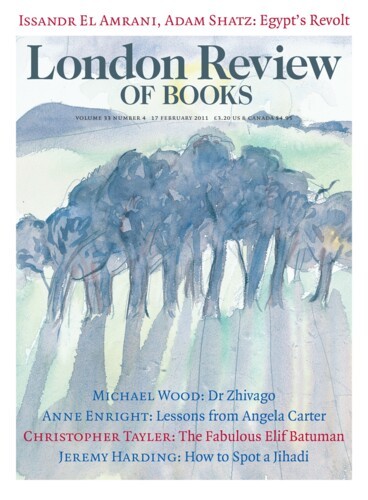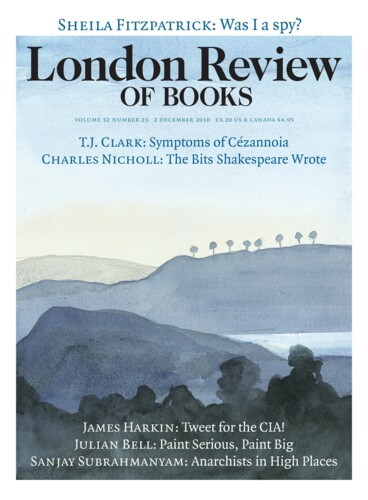Turgenev could be read in English from 1855, Tolstoy had British and American disciples, and Dostoevsky was, in Robert Louis Stevenson’s view, ‘a devil of a swell, to be sure’. But the English-speaking world’s received ideas about Russian literature were mostly laid down in the 1910s and 1920s, the great age of Western interest in the Russian soul – ‘its passion, its tumult, its astonishing medley of beauty and vileness’, as Virginia Woolf put it. Though there were some who mocked the craze for transplanted Russian soul-speak, most handbooks for fledgling Russophiles 100 years ago took it for granted that readers needed briefing on the paradox-filled Slavic temperament. These old-school interpreters of the Russian spirit would not have felt at home in the intellectual world Elif Batuman comes from.
The Possessed: Adventures with Russian Books and the People Who Read Them by Elif Batuman. Turgenev could be read in English from 1855, Tolstoy had British and American disciples, and Dostoevsky was, in Robert Louis Stevenson’s view, ‘a devil of a swell, to be sure’....




